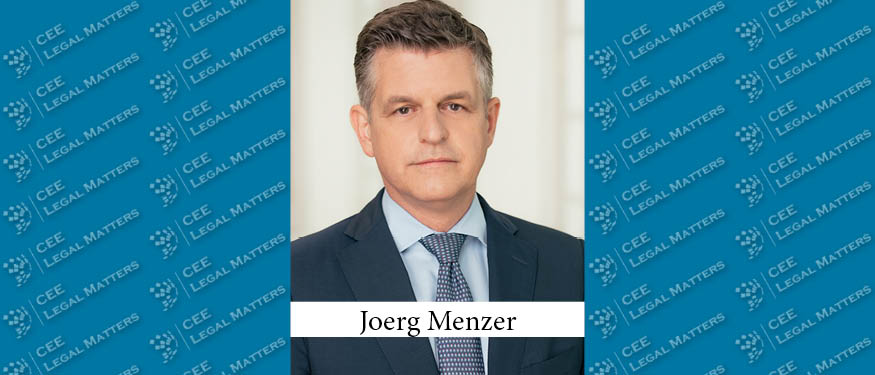Adaptability in times of change is one of the most needed qualities in individuals, but societies at large also need to have it, to better take advantage of shifting times. Are the CEE region and its legal profession able to adapt to the changes it is facing?
CEE has been developing at a good pace in the past years. Foreign investments are being made constantly, despite the difficulties Europe and the world are facing today. The pandemic was one challenge for the world generally. The countries in the CEE region all adapted differently but overcame this period by identifying growth opportunities. In the legal market of the pandemic years, there was a shift of perspective towards the digital world: IT&C, data privacy, consumer rights, implementation of secure remote work processes, global online transactions, etc. A new regulatory framework was created in this field and processes needed to be implemented in compliance with that. All legal professionals quickly embraced the changes and strengthened their services, to meet the needs of their clients. In addition, the legal industry got a boost of digitalization itself and proved to be quickly able to adapt to and use the “new normal” for itself and its clients.
The war in Ukraine and the energy crisis are the new challenges remodeling the economy and the way future industrialization and the service-based industry are being constructed. And they are changing demand for legal consultancy as well.
The current geopolitical situation presents numerous challenges. However, it is also a chance for the CEE region and, thus, for the legal profession in CEE. Countries need to adapt. The move of their economies towards an IT-based, service economy with a highly automatized industry using green energy cannot be achieved without drastic changes by both governments and societies. And here adaptability of a new kind is needed: not the flexibility of changing political agendas and strategies according to the latest poll or upcoming elections – rather, a flexibility rooted in a clear and steady policy of industrial development and functional services by the state.
The legal profession must contribute by getting involved in society, in advising governments, and by standing up for the Rule of Law. When looking to invest in a country, there are some focal aspects that investors analyze: infrastructure, political stability, the workforce (availability, qualifications, and cost), and smooth administrative processes. And it’s exactly here that adaptability has a different meaning from what is traditionally understood in many CEE countries. To adapt means needing to gain, defend, or develop a competitive position compared to other regions. Many of the CEE countries like Poland and the Czech Republic have pursued this stable development, while others are still struggling.
It must be understood that the development of a strong civil society, school, and medical system is just as important as that of infrastructure and IT backbones. Only based on this can a country adapt, as the capacity for adaptability depends on the qualified middle class of a country. If this part of society is lost – be it through mental resignation or worse, leaving the country – no future development in changing times can be secured. And here, the legal community can also be decisive. Leading law firms and lawyers need to understand that they embody the Rule of Law, and they must explain that not only to their clients but also to public stakeholders and within their community. The Rule of Law, especially in CEE, is under pressure and, thus, the legal profession must defend it.
The current geopolitical context attracts investments from neighboring countries into the CEE region, whether relocations from Ukraine and Russia or nearshoring of supply chains from Asia. There is an increasing activity of restructuring and rethinking the geostrategic positioning of companies. This leads to a new mobilization of M&A, Real Estate, and Tax teams, for example. The legal profession is quite capable of supporting these investments and creating the needed trust in our region.
CEE countries and their people are open-minded and characterized by adaptability, creativity, and the readiness to put effort into the things they wish for. However, the legal profession must help governments understand the need to truly invest in the future.
By Joerg Menzer, Head of Bucharest Office, Noerr
This article was originally published in Issue 10.3 of the CEE Legal Matters Magazine. If you would like to receive a hard copy of the magazine, you can subscribe here.

















